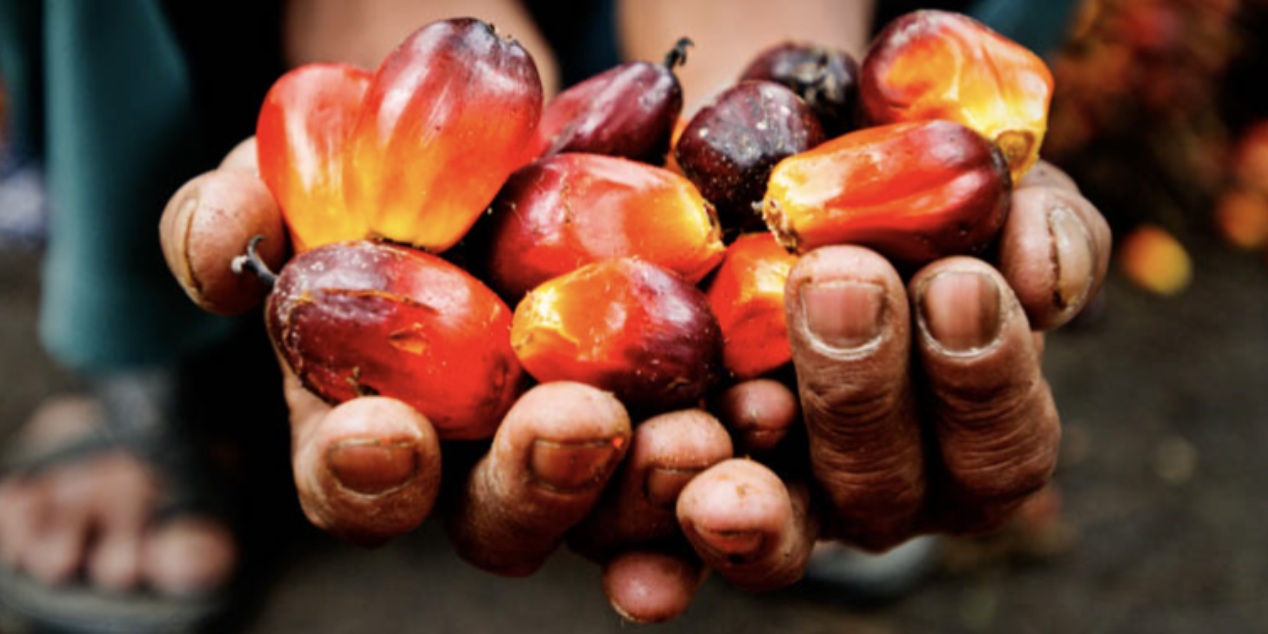Jakarta – The Indonesian government has given the green light for the oil palm growers’ proposal to establish a special institution which is focused on developing and managing the country’s palm oil industries.
Musdalifah Mahmud, Deputy in charge of food and agriculture coordination at the economic coordinating ministry, said that the special institution is badly needed by the palm oil industries for their sustainable development in the future. “We welcome such a proposal to establish a special institution that is focused on palm oil industries. With the specialized institution, we can maintain the reliability and sustainability of our palm oil industries.” Musdalifah said during the CNBC Indonesia Special Dialogue on “maintaining the reliability of palm oil for Indonesia amid global uncertainty” in Jakarta on Monday, 26 June 2023.
According to Musdalifah, the proposal to establish the special palm oil institution is one of several creative ideas that should be realized based on comprehensive assessment and standard operating procedures. “So, please pursue the process of realizing the proposal according to prevailing regulations,” she said.
Previously, the Indonesian Palm Oil Council’s (DMSI) Acting Chairman Sahat Sinaga said that Indonesia needs a special palm oil institution as a regulator to strengthen the Indonesian palm oil industry and to maintain its sustainability in the future.
By having such a special palm oil institution, Indonesia’s palm oil industries will be seeing steadily robust growth and will not fall into the bad luck seen by the rubber industry.
He said that the government has established the oil palm plantation fund management board (BPDPKS). But the institution is only focused on collecting and managing funds from palm oil exports. “We need an institution with bigger functions and authorities to develop and regulate our palm oil industries,” he said.
“I think we all know the history of rubber and how its high price had ruined the industry. During the Korean War its price reached up to U$9 per kilogram. But then the high price turned toxic to the industry. Driven by big margins, the chemists developed synthetic rubber, hitting the rubber industry very badly. Don’t let that happen in our palm oil industry,” said Sahat.
Supporting the establishment of a special palm oil institution, the Indonesian Palm Oil Association (GAPKI) Chairman Eddy Martono underlined the importance of establishing a special palm oil institution. “It will function to maintain the sustainability of our palm oil industry. Considering the fact that there are overlapping regulations, the special institution will also function as a regulator to synchronize all prevailing regulations and strengthen the synergy among all stakeholders. The institution can also create an industrial certainty and reliability that will allow Indonesian oil palm growers not to heavily rely on global conditions.”
“Such tasks cannot be just borne by business players. Policy makers should be active and in sync with the industry, especially since our palm oil exports in 2022 reached a record high in its history at U$39.07 billion. But it’s because of the high prices of palm oil products and other vegetable oils,” he said, adding that Indonesia is facing problems with productivity and export. He said that Indonesia’s productivity is still stagnant at 3-4 tons per hectare per year. “Our productivity should be higher. We’re also facing a slight tendency of declining in our palm oil exports. It shouldn’t continue so. This is our concern. This is another reason why we need the special institution, to address the problems of productivity and exports,” he said. (*)
Source: cnbcindonesia.com/republika.co.id










